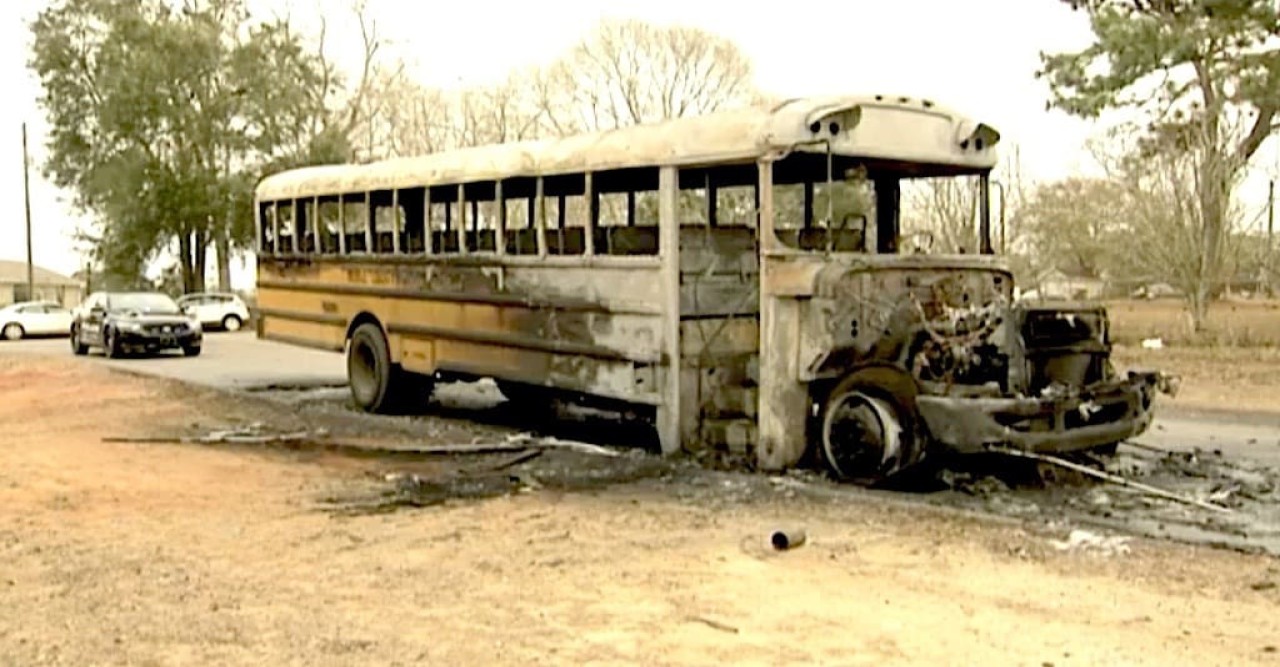Improving Road Safety in Bangladesh: The Importance of Legislation and Public Awareness
Shaila Ahmed Senior Assistant Professor, Department of English, American International University-Bangladesh
Dr. Syeda Afroza Zerin Associate Professor, Department of Law, American International University-Bangladesh.
Road accidents are a serious and expanding issue in Bangladesh, where they cause enormous property damage, innumerable fatalities, and serious social and economic repercussions. The frequency and severity of traffic accidents are increasing despite continued government efforts, highlighting the urgent need for a more thorough and efficient approach to the problem. Traffic accidents claim thousands of lives annually, leaving a path of loss, suffering, and injury in their wake. Road accidents in Bangladesh have many different and intricate causes, including a mix of poor infrastructure, human error, and lax enforcement of traffic laws. Among these include careless driving, driving while intoxicated or under the influence of drugs, distracted driving (such as using a cell phone), and flagrantly ignoring traffic signals. A tragic example of this occurred on December 27, when a passenger bus crashed into three cars from behind at the Dhaleshwari Toll Plaza on the Dhaka-Mawa Expressway. The impact of the crash led to the destruction of the three cars and resulted in the loss of five lives, with several others suffering serious injuries.  The Dhaleshwari Bridge toll plaza, located in the Keraniganj area of Dhaka, has become a hotspot for such accidents. An investigation into the incident revealed that the Bepari Paribahan bus involved in the crash had been operating without a valid fitness certificate for over a year. Moreover, the driver of the bus, a 26-year-old with no valid driver’s license, had recently informed the bus owner about brake issues. However, the owner dismissed the warning and instructed the driver to continue driving slowly, ignoring the potential risks. Shockingly, after the bus was repaired, it returned to service without the necessary tax documents or a valid route permit, highlighting the negligence of the bus owner and the lack of proper regulatory oversight. The circumstances underlying this occurrence are representative of a broader problem in the transportation industry, where accountability is frequently lacking, and safety requirements are habitually disregarded. Bystanders and pedestrians contribute to the issue in addition to careless drivers. Many people don't know about or just disregard simple traffic laws, such using foot overbridges and zebra crossings.
The Dhaleshwari Bridge toll plaza, located in the Keraniganj area of Dhaka, has become a hotspot for such accidents. An investigation into the incident revealed that the Bepari Paribahan bus involved in the crash had been operating without a valid fitness certificate for over a year. Moreover, the driver of the bus, a 26-year-old with no valid driver’s license, had recently informed the bus owner about brake issues. However, the owner dismissed the warning and instructed the driver to continue driving slowly, ignoring the potential risks. Shockingly, after the bus was repaired, it returned to service without the necessary tax documents or a valid route permit, highlighting the negligence of the bus owner and the lack of proper regulatory oversight. The circumstances underlying this occurrence are representative of a broader problem in the transportation industry, where accountability is frequently lacking, and safety requirements are habitually disregarded. Bystanders and pedestrians contribute to the issue in addition to careless drivers. Many people don't know about or just disregard simple traffic laws, such using foot overbridges and zebra crossings. The dangers on the roadways are made worse by this pervasive ignorance. When traffic laws are broken, there is frequently no prompt response or enforcement, which fosters a culture of impunity. The indifference of traffic police, who frequently prioritize taking bribes over carrying out their responsibilities to uphold the law and guarantee road safety, is a major factor in this problem. To combat these challenges, the government of Bangladesh passed the Road Transport Act in 2018, a comprehensive piece of legislation aimed at improving road safety. The Act introduced harsher penalties for traffic violations, including fines, jail time, and the suspension or revocation of driver’s licenses. It also established the Road Transport Authority (RTA), which is responsible for investigating traffic incidents and enforcing traffic laws. While the Act is a step in the right direction, more needs to be done to ensure its effective implementation.
The dangers on the roadways are made worse by this pervasive ignorance. When traffic laws are broken, there is frequently no prompt response or enforcement, which fosters a culture of impunity. The indifference of traffic police, who frequently prioritize taking bribes over carrying out their responsibilities to uphold the law and guarantee road safety, is a major factor in this problem. To combat these challenges, the government of Bangladesh passed the Road Transport Act in 2018, a comprehensive piece of legislation aimed at improving road safety. The Act introduced harsher penalties for traffic violations, including fines, jail time, and the suspension or revocation of driver’s licenses. It also established the Road Transport Authority (RTA), which is responsible for investigating traffic incidents and enforcing traffic laws. While the Act is a step in the right direction, more needs to be done to ensure its effective implementation..jpg) The authorities must take stronger action to ensure that traffic laws are consistently enforced, with prompt penalties for offenders. In addition to stricter enforcement, the government should prioritize road safety education and awareness programs for all road users, including drivers, passengers, and pedestrians. Public campaigns aimed at educating people about the importance of obeying traffic rules, using seat belts, avoiding distractions while driving, and recognizing the dangers of driving under the influence are essential. Furthermore, regular drug and alcohol testing for drivers should become standard practice, with the introduction of random tests to ensure that drivers are not impaired while operating vehicles. The road safety issue in Bangladesh is multifaceted, requiring a holistic approach that addresses both the behavior of road users and the regulatory environment. Only by prioritizing education, stricter enforcement, and comprehensive reforms in the transport sector can the country hope to reduce the alarming rates of road accidents and create a safer environment for all.
The authorities must take stronger action to ensure that traffic laws are consistently enforced, with prompt penalties for offenders. In addition to stricter enforcement, the government should prioritize road safety education and awareness programs for all road users, including drivers, passengers, and pedestrians. Public campaigns aimed at educating people about the importance of obeying traffic rules, using seat belts, avoiding distractions while driving, and recognizing the dangers of driving under the influence are essential. Furthermore, regular drug and alcohol testing for drivers should become standard practice, with the introduction of random tests to ensure that drivers are not impaired while operating vehicles. The road safety issue in Bangladesh is multifaceted, requiring a holistic approach that addresses both the behavior of road users and the regulatory environment. Only by prioritizing education, stricter enforcement, and comprehensive reforms in the transport sector can the country hope to reduce the alarming rates of road accidents and create a safer environment for all.










.jpg)
